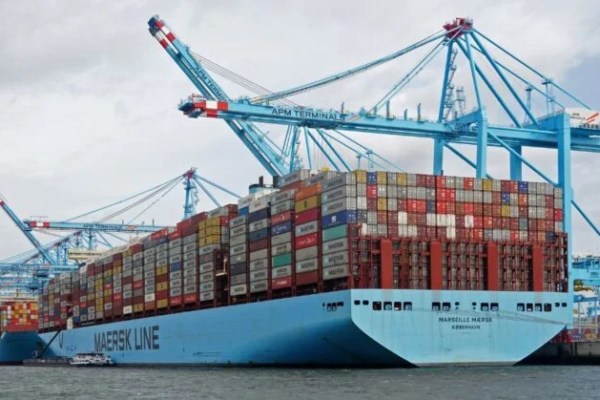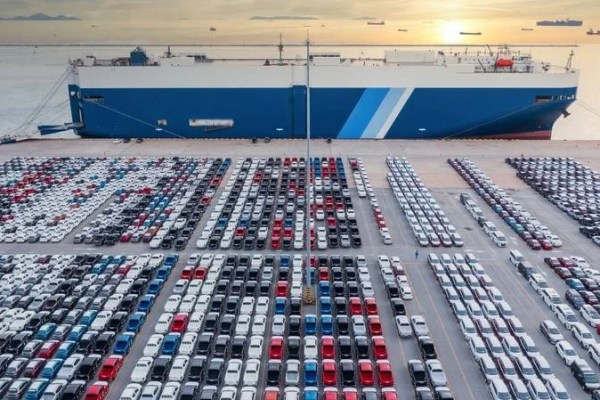
Interim Safety Guidelines Released for Transporting Ammonia Cargo
Lloyd’s Register, EXMAR, and the Belgian FPS for Mobility and Transport have developed interim guidelines for the safe use of ammonia as fuel on gas carriers. This initiative, which began over two years ago, aims to facilitate the maritime industry’s transition to sustainable fuel alternatives, addressing safety concerns while promoting flexibility in vessel design.















